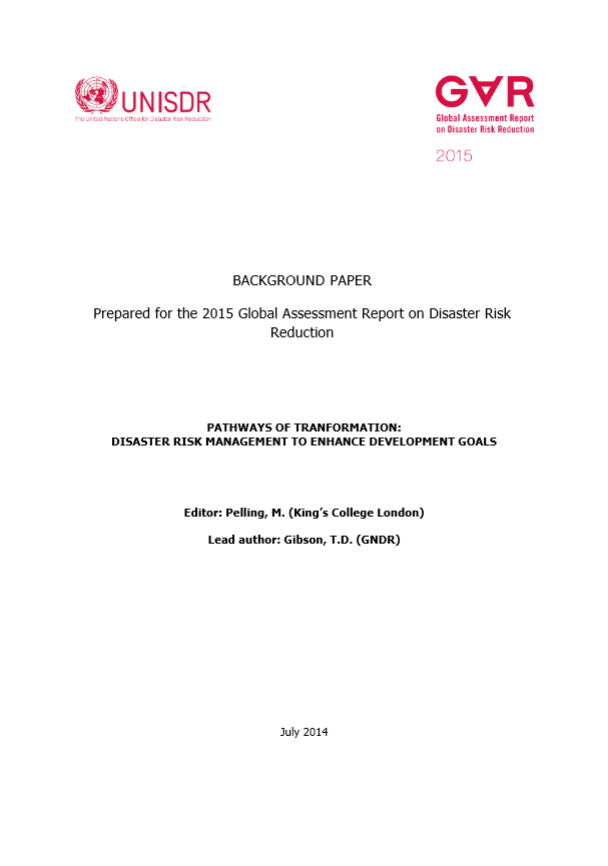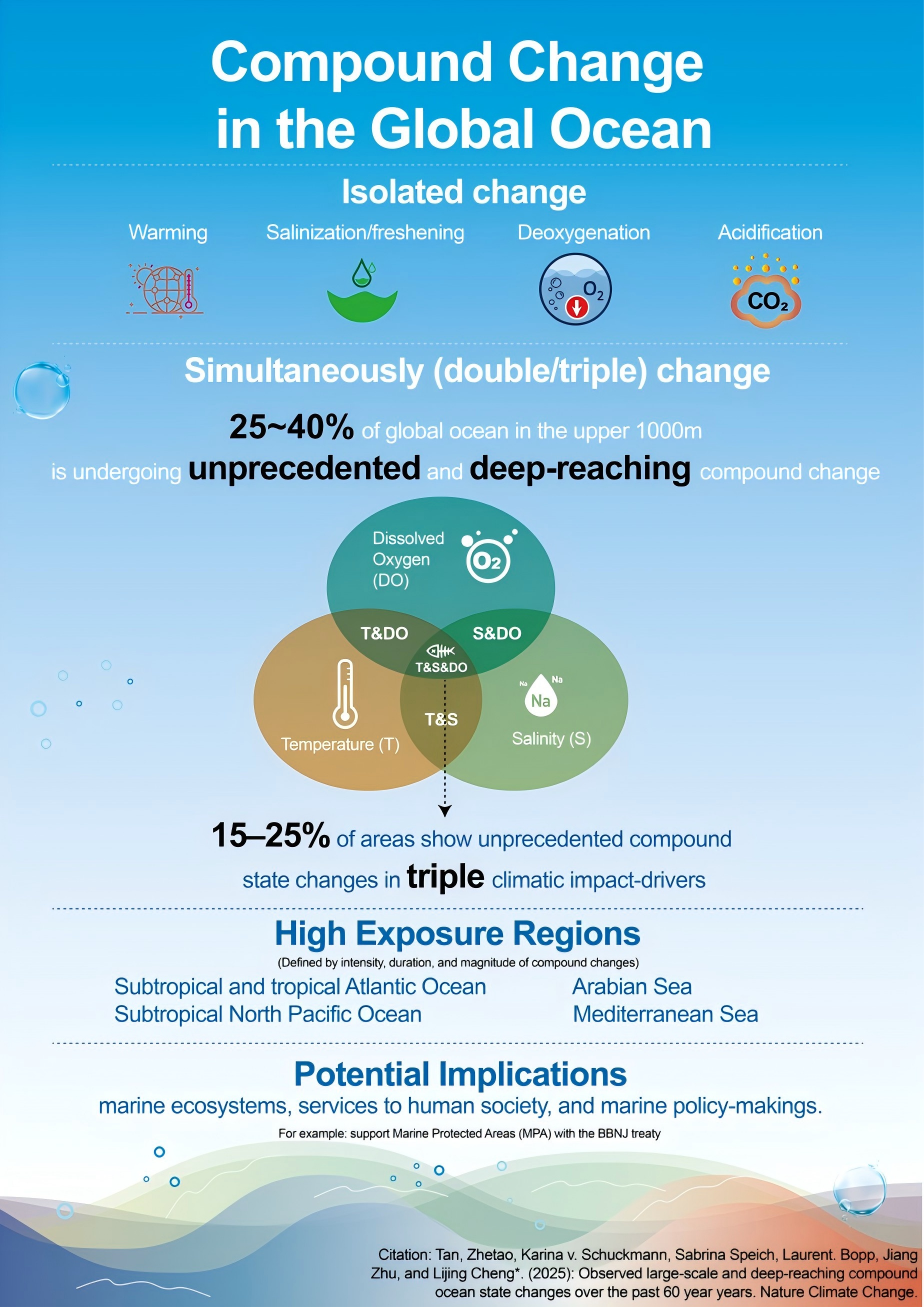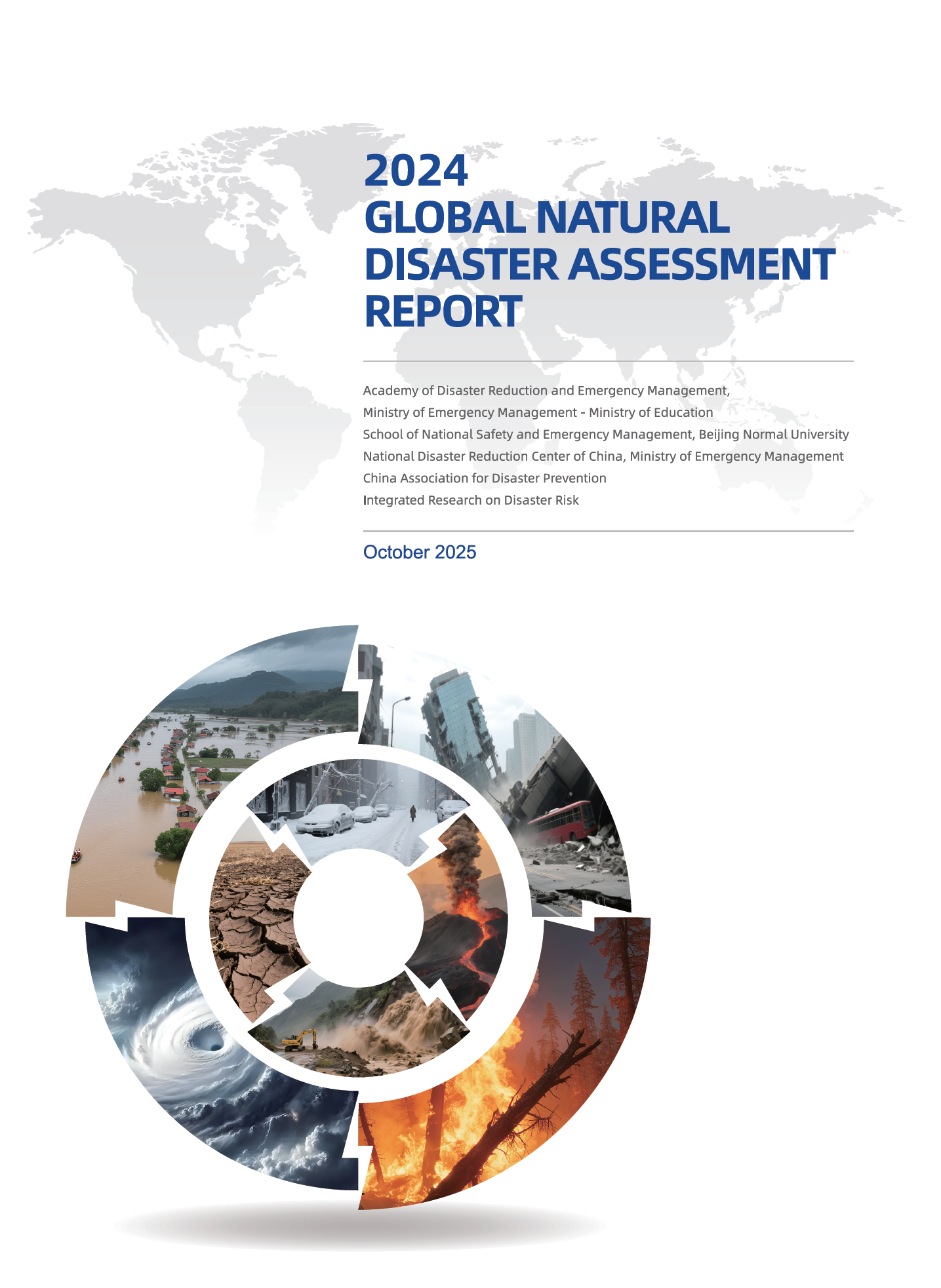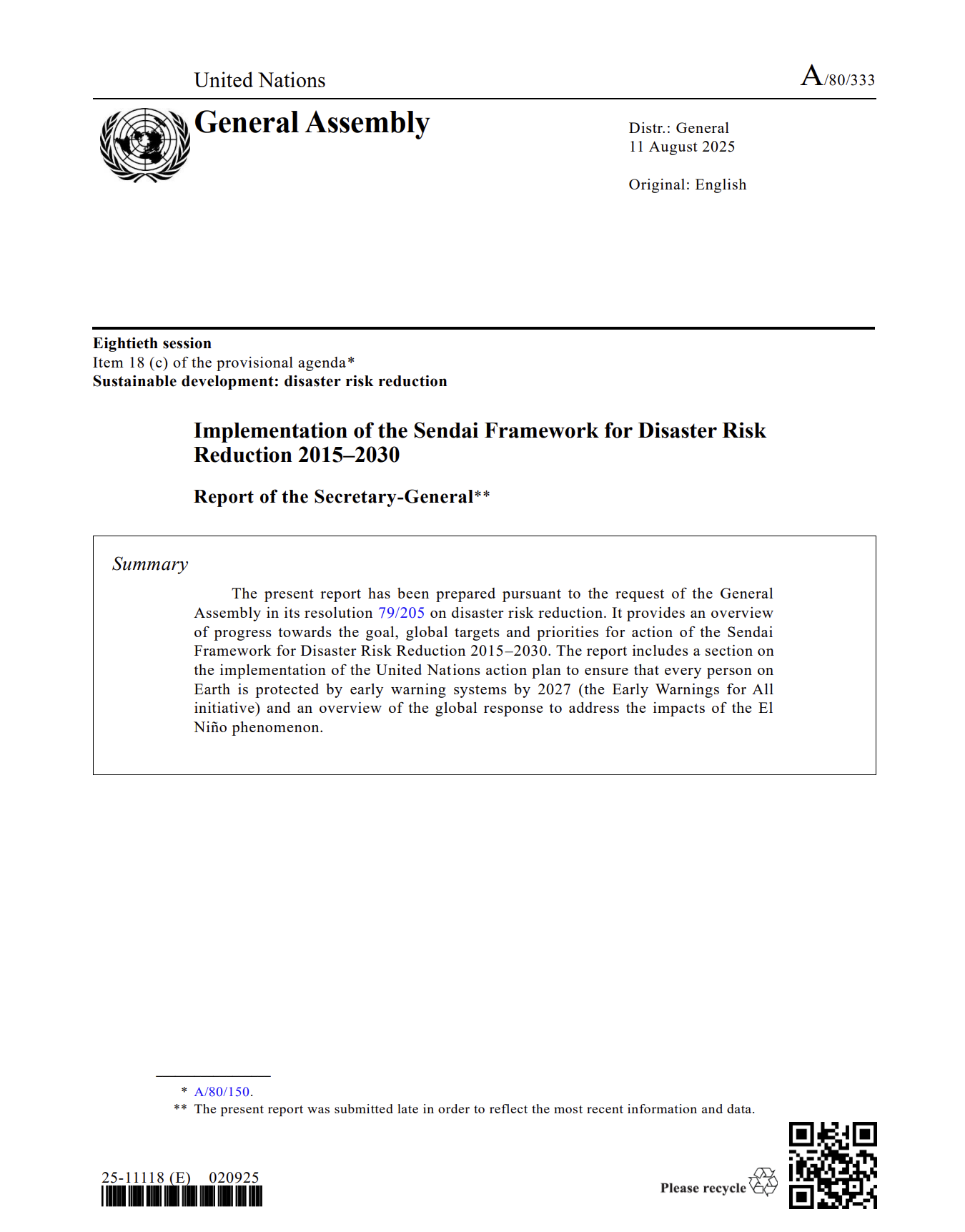This report offers a basic analytical framework to move from abstract discussion of development pathways to specific actions and responsibilities on the ground. To do this we have elaborated an actor based framework. This view builds on the work of earlier, alternative frameworks that have emphasised component parts of our framework, including work that has focussed on innovation and leadership (IPCC 2012), reflective decision-making (Matyas and Pelling 2014) and the interaction between development sectors as transformation emerges (Pelling et al 2014). Our core concern is to identify the interaction of actors (individuals and organisations) with dominant development pathways and here an actor oriented frame that can open the relationship between policy actors, constraining institutions and the structures that drive development trajectories provides most analytical leverage. Examples are built around five case studies (see Box 1). These are presented in the results section in some detail, this detail necessary to situate these events in respective development pathways and to then draw out the ways in which responding to or preparing for future disaster has touched pathway trajectory – by accident or design. We then discuss common features observed from these cases to allow some general comments on transformation in disaster risk management.
Home / Knowledge Pool / Publications
Pathways for Transformation: Disaster risk management to enhance development goals
07 March 2015

Scientific Outputs
Publication Year:
Attachments:
Related Publications
27 November 2025
New research in Nature Climate Change reveals large-scale compound ocean changes. The study, led by IRDR Young Scientist Dr. Zhetao Tan, provides a crucial framework for assessing these multidimensional climate risks.
13 October 2025
Based on disaster data and risk analysis, this report provides robust data support for natural disaster risk assessment and management. This work consistently contributes to global integrated disaster reduction capability building.
15 September 2025
The Secretary-General’s report on the implementation of the Sendai Framework for Disaster Risk Reduction 2015–2030 provides an overview of progress made toward reducing disaster risk and strengthening resilience worldwide.





